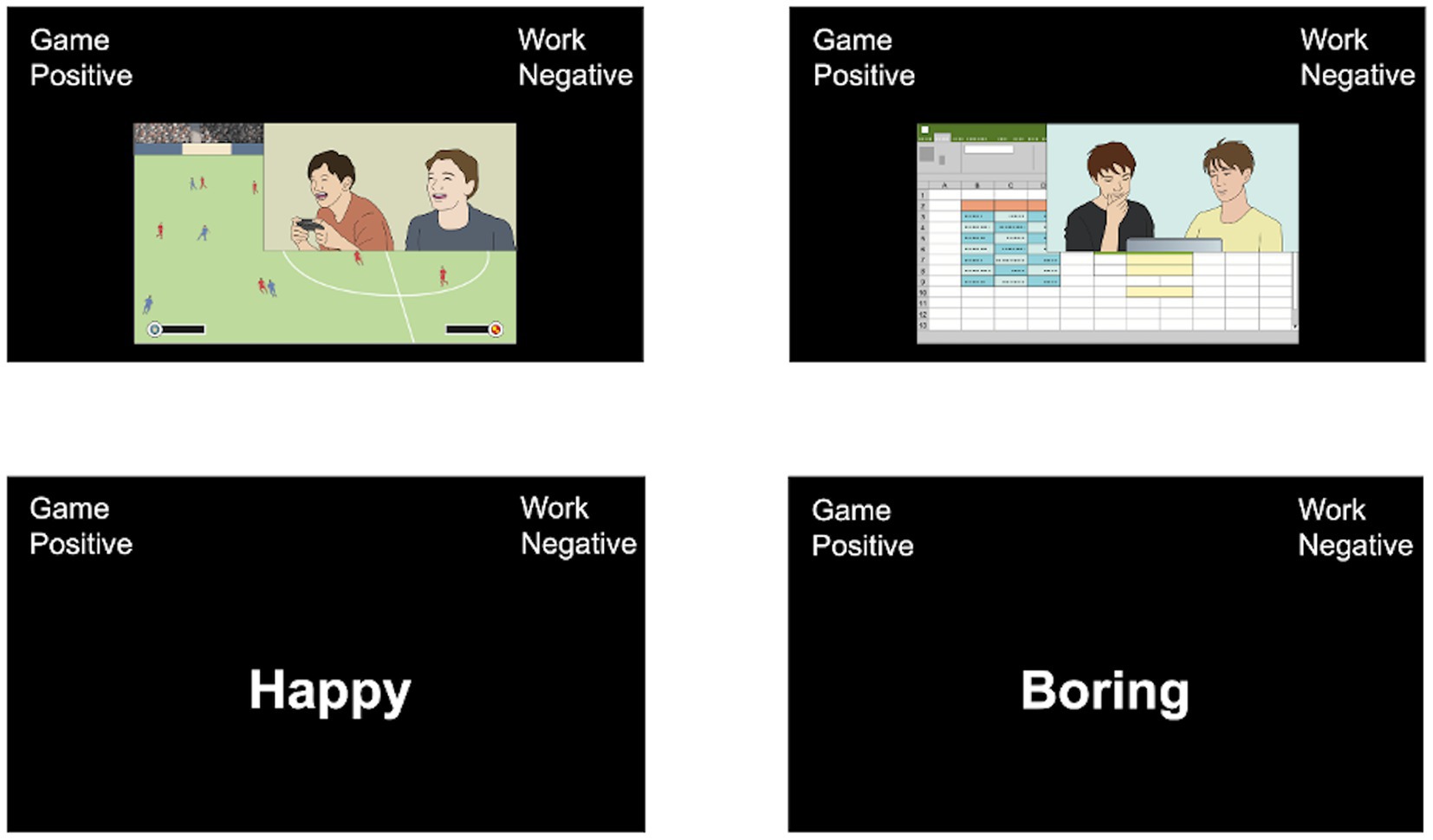The Impact of Gaming on Social Interactions

Overview of Gaming’s Influence
In recent years, the popularity of video games (VGs) has surged, significantly impacting social interactions, especially among children and adolescents. The COVID-19 pandemic accelerated this trend, pushing many to rely on digital entertainment as a primary source of social engagement. As traditional in-person activities diminished, online gaming emerged as a crucial outlet for maintaining social connectivity, alongside fostering new types of interaction through multiplayer environments[3].
Gaming as a Social Connector
Excessive gameplay has raised concerns about its potential negative impacts on mental and physical health, particularly among younger individuals. However, gaming also facilitates connections within a community[1]. Many gamers engage with others through social media and gaming platforms, which enhances their sense of belonging. Players often form groups or 'guilds' in multiplayer settings, creating opportunities for teamwork, strategy building, and camaraderie, which are essential for social interaction. These bonds formed through shared gaming experiences can sometimes lead to robust offline friendships.
Cognitive and Behavioral Changes
Research indicates that playing video games can lead to improved cognitive functions such as visual attention, working memory, and quick decision-making, which may also enhance social interactions by improving players' abilities to cooperate and communicate effectively during games[2][4]. Action-based games, in particular, require players to develop teamwork and strategic communication skills, thereby potentially translating these abilities into their real-life interactions[2].
However, the correlation between gaming and social skills development is complex. While many gamers report positive experiences of socialization through gaming, others can experience isolation if gaming becomes an escape from reality rather than a social activity. The difficulty often lies in balancing gaming with other life activities, leading to situations where excessive gaming replaces physical social interactions, thereby reducing opportunities for face-to-face engagement[3][1].
Gaming and Behavioral Addictions
The ongoing debate around video gaming often highlights the potential for addictive behaviors. The concept of 'video game addiction,' particularly in relation to its social implications, remains contentious. While gaming can foster social skills and community, individuals with gaming disorder might withdraw from real-life relationships, leading to a decrease in social interactions outside of the gaming world[2]. This withdrawal can compound mental health issues, as the absence of offline social support systems might exacerbate feelings of loneliness and anxiety, creating a vicious cycle[3].
Changes in Social Dynamics Due to the Pandemic
The COVID-19 pandemic created an environment that forced many to seek solace in gaming, amid restrictions on social interactions. Reports showed a significant increase in gaming engagement, with platforms like Twitch experiencing a dramatic rise in viewership. This shift highlighted how gaming not only provided entertainment but also served as a pivotal social connection during isolation[3]. For instance, competitive and recreational gamers reported increased gaming hours, which opened avenues for virtual interactions that replaced physical gatherings[3].
As individuals adjusted to lockdown measures, many found that video games allowed them to maintain social interactions, albeit in a virtual format. This adaptation suggests that gaming environments can effectively create new social dynamics and support networks even when traditional social settings are unavailable. However, the study indicated that while gaming time increased significantly, it also correlated with declines in physical activity and sleep durations, potentially aggravating health concerns and further complicating social interactions post-pandemic[3].
Prosocial Behaviors and Gaming
Interestingly, some video games encourage prosocial behaviors among players. Research indicates that playing games with cooperative elements enhances empathy and encourages players to assist one another, fostering a collaborative environment[2]. Prosocial gaming content is linked to increased feelings of connection and social responsibility, suggesting a positive avenue for social interaction through gaming[2].
Conclusion
The impact of gaming on social interactions is multifaceted. While it can be a source of social connection, enhancing cognitive skills and opportunities for teamwork, it also presents challenges, particularly concerning addictive behaviors and the replacement of real-life interactions with virtual ones. The COVID-19 pandemic has further complicated these dynamics by increasing reliance on online interactions, which can have both beneficial and detrimental effects on gamers' social lives. As society continues to navigate these challenges, finding a balance between gaming and real-world interactions will be crucial for fostering healthy social connections among individuals, particularly the younger generations. Combining evidence from varying studies can help guide parents and educators in managing gaming behaviors to promote beneficial social outcomes while mitigating risks associated with excessive gaming and dependency.
Get more accurate answers with Super Pandi, upload files, personalized discovery feed, save searches and contribute to the PandiPedia.
Let's look at alternatives:
- Modify the query.
- Start a new thread.
- Remove sources (if manually added).